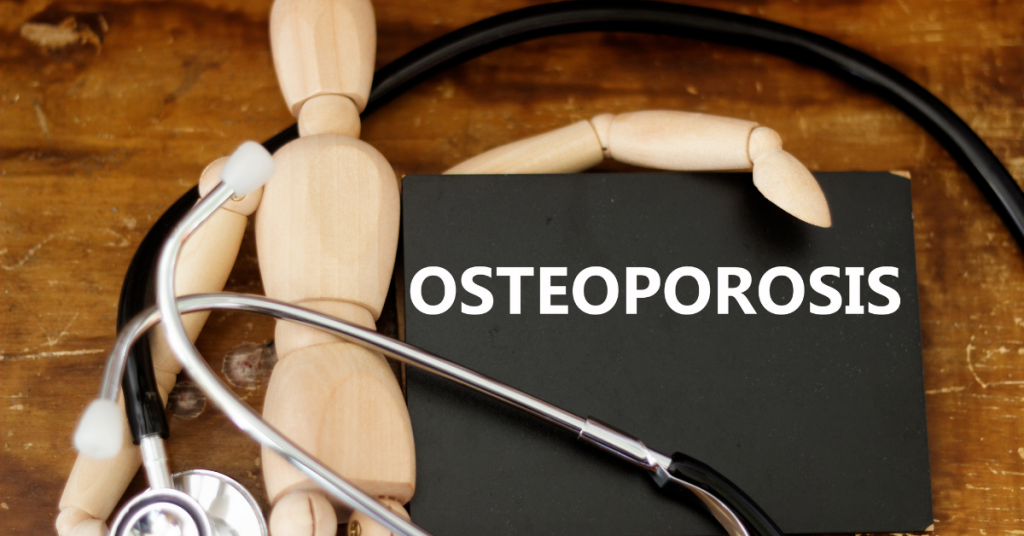Understanding the warning signs, risk factors, and when to get tested.
Osteoporosis is often called a “silent disease”—because you can lose bone density for years without any noticeable symptoms. By the time you experience a fracture or a stooped posture, significant bone loss may have already occurred.
We offer Bone Density Scans to detect osteoporosis early and help you take action before injury strikes.
But who should be getting tested? And what puts you most at risk?
Here’s what you need to know.
Age and Gender Play a Major Role
Women over 50 are at especially high risk, particularly after menopause when estrogen levels drop. But osteoporosis can affect men too—especially over age 70.
🤓 Interesting Note: Women can lose up to 20% of their bone density in the five to seven years following menopause.
💡 Pro tip: If you’re postmenopausal or an older male, talk to your doctor about when to schedule your first bone scan.
Low Body Weight and Small Frame Increase Risk
People with thin or petite builds have less bone mass to begin with—so even a modest loss can increase fracture risk.
👀 What to watch for: If your BMI is under 19 or you’ve experienced unintentional weight loss, your bones may already be vulnerable.
💬 Sound familiar? You eat healthy and stay active, but worry about being “too thin” as you age. That concern might be more important than you think.
A Family History of Osteoporosis Matters
If your parents or siblings have had osteoporosis or fractures from minor falls, your risk is higher—even if you feel healthy now.
🤓 Interesting Note: Genetics can determine up to 75% of your peak bone mass.
💡 Pro tip: Share your family history with your doctor—even if your relatives were never formally diagnosed.
Lifestyle Habits Make a Difference
Smoking, excessive alcohol, sedentary routines, and poor nutrition all contribute to lower bone density. Calcium and vitamin D deficiencies also play a major role.
👀 What to watch for: Frequent dieting, skipping dairy, or avoiding the sun can all add up over time.
💬 Sound familiar? If you’ve prioritized weight loss over nourishment in the past, now’s the time to refocus on bone-building habits.
Certain Medical Conditions and Medications Can Weaken Bones
Long-term use of steroids, thyroid disorders, and autoimmune conditions like lupus or rheumatoid arthritis can all accelerate bone loss.
🤓 Interesting Note: Some medications used to treat chronic illnesses interfere with your body’s ability to rebuild bone tissue.
💡 Pro tip: Always ask your doctor whether your medication affects bone health—and whether you need a preventative bone scan.
Protect Your Bones Before They Break
Osteoporosis doesn’t announce itself with pain or warning signs—but the consequences can be life-changing. Early testing is your best defense.
At Family Medicine Center, we offer Bone Density Scans and personalized risk assessments to help you stay strong, mobile, and confident for years to come.
📞 Call (242) 702-9310 to speak with a provider
📅 Book a consultation and take the first step toward safeguarding your future.

